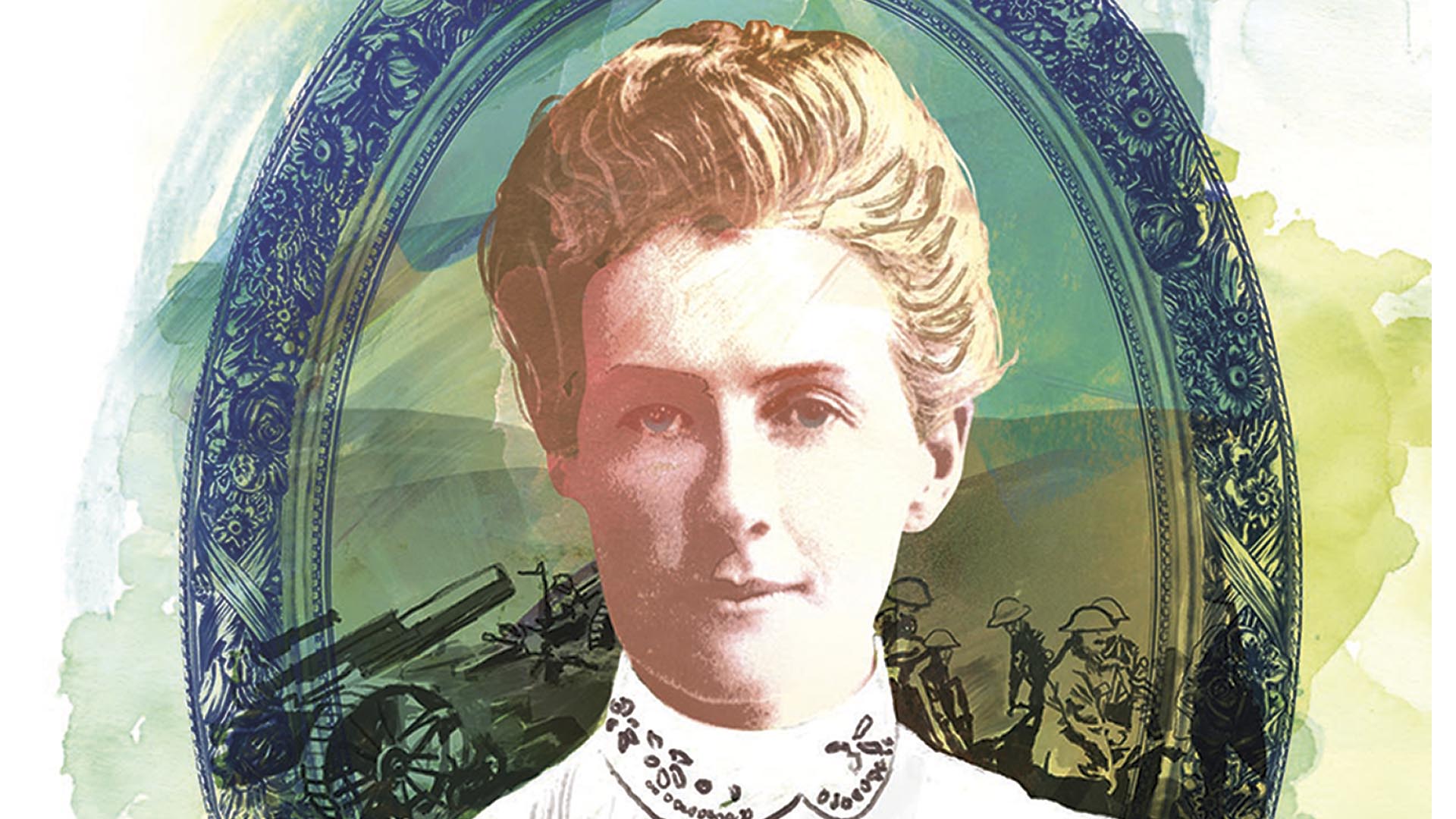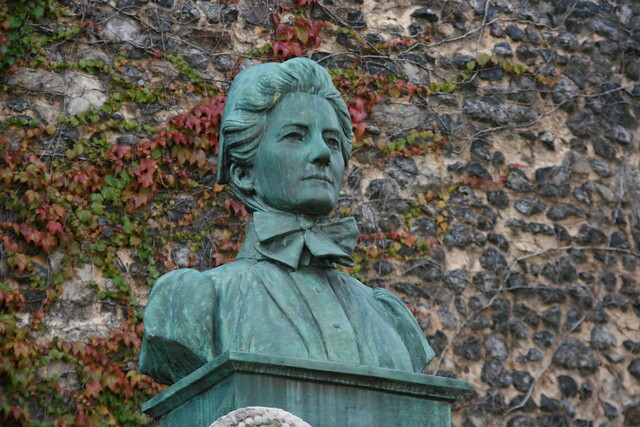Edith Cavell (pronounced to rhyme with travel) is the name of a main street in my native Mauritius. Being a nurse I have been fascinated by her amazing life story and feel that nurses and others need to be acquainted with it too, especially her selfless dedication to her fellow beings.
March 15 marked the centenary of the repatriation of her remains to Britain from Belgium to be given a proper burial, one deserving of a war heroine.
Edith Cavell was born in the village of Swardeston near Norwich on December 4 1865. She was the eldest of four siblings – three sisters and a brother. Their father Frederick Cavell was the vicar of the local parish church. He also ministered to the inmates of a nearby workhouse.
He taught his children to live by the basic tenets of Christianity, principally the concern for the welfare of others ahead of their own. For instance, every Sunday before lunch the children would be sent out with bowls of food to be given to some of the most destitute in the village. This ingrained precept would come into its own more prominently later towards the end of her life.
Edith was educated at home until she was 15 (free education was still years away), after which she attended boarding schools. She then worked as governess for several families, including one in Belgium. Aged 30 she started work as an assistant nurse in Fountains Fever Hospital in Tooting, South London. Many areas were highly infectious and contagious with all kinds of air and waterborne diseases, the likes of whooping cough, diphtheria, cholera, measles and tuberculosis. After a few months she enrolled as a student nurse at the flagship London Hospital in Whitechapel. Hospitals were funded by charity then.
Work was hard and the hours extremely long. She stayed on and successfully completed her training, despite not being a favourite of Matron Eva Lückes; however, Matron, a moderniser herself and a friend and disciple of Florence Nightingale, would later provide Edith with invaluable continual support when she set up her own nursing schools.










